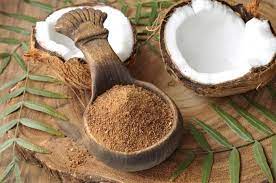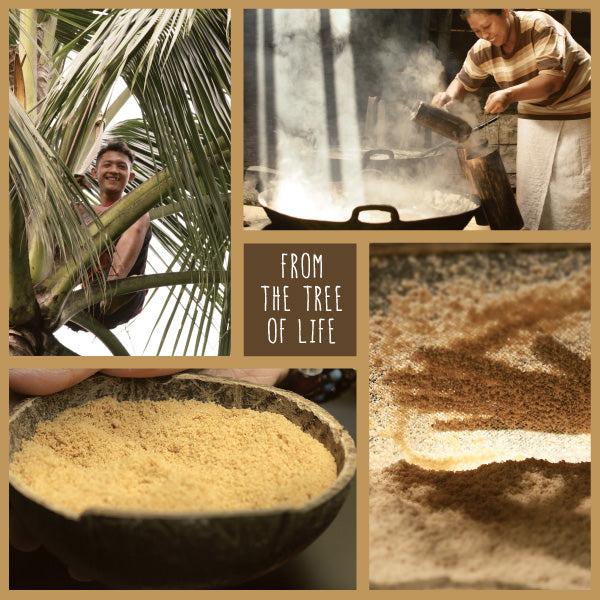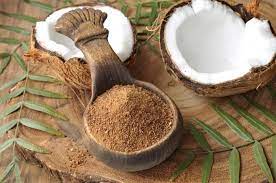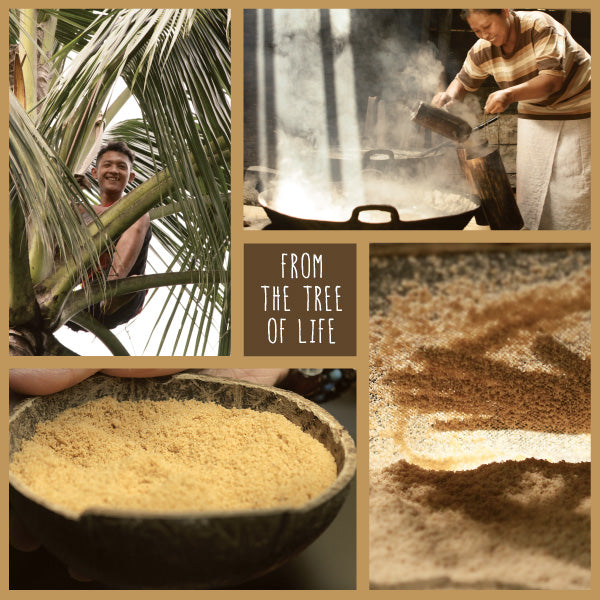Coconut Sugar
Coconut Sugar
Couldn't load pickup availability
When it comes to sugar, then, the best thing you can do for your health isn’t to switch to coconut sugar. It’s to scale back on your intake altogether.
In the production of coconut sugar, the farmers only need to heat the sap enough to evaporate the moisture and create first nectar, and then sugar granules. With cane sugar, the liquid needs to be cooked at a much higher temperature for crystals to form. It is also then refined, adding chemicals, to make the white sugar we’re familiar with.
Coconut sugar is the dehydrated sap of the coconut palm. It’s a natural sugar made from coconut palm sap, the sugary circulating fluid of the coconut plant.
Coconut sugar is made in a natural two-step process:
- A cut is made on the flower of the coconut palm, and the liquid sap is collected into containers.
- The sap is placed under heat until most of the water has evaporated.
The end product is brown and granulated. Its color is similar to that of raw cane sugar, but the particle size is typically smaller or more variable.
While coconut sugar has a lower glycemic index than regular sugar (between 35 and 54 as opposed to 60 in regular sugar), it is advisable to use tiny, small amounts. Coconut contains a small amount of inulin (prebiotic fiber produced by plants), which provides a bit of fiber, hence the lower glycemic index. (Ref 1 Below)
Glycemic index classifies foods based on how fast they raise the amount of sugar in your blood (aptly known as your blood sugar).
There are no nutrients in regular sugar. But coconut sugar does retain some of the nutrients originally found in coconuts, like:
The amounts of the minerals in coconut sugar are too small to justify using coconut sugar to provide nutrition.
The best approach to sugar is as follows:
- Eliminate all refined and added sugars from your diet.
- Replace sugar in recipes with dates, apple, pear and/or banana.
Coconut sugar is only a healthier alternative to regular sugar when using small amounts.
When a recipe calls for 1 cup of sugar, add one or two tablespoons of coconut sugar (it will provide some texture and a lovely flavour), and replace the rest of the required sugar with dates or fruit.
Ref 1. Ariana Saraiva (2023).
Coconut Sugar: Chemical Analysis and Nutritional Profile; Health Impacts; Safety and Quality Control; Food Industry Applications.
https://www.ncbi.nlm.nih.gov/pmc/articles/PMC9964017/
Share




